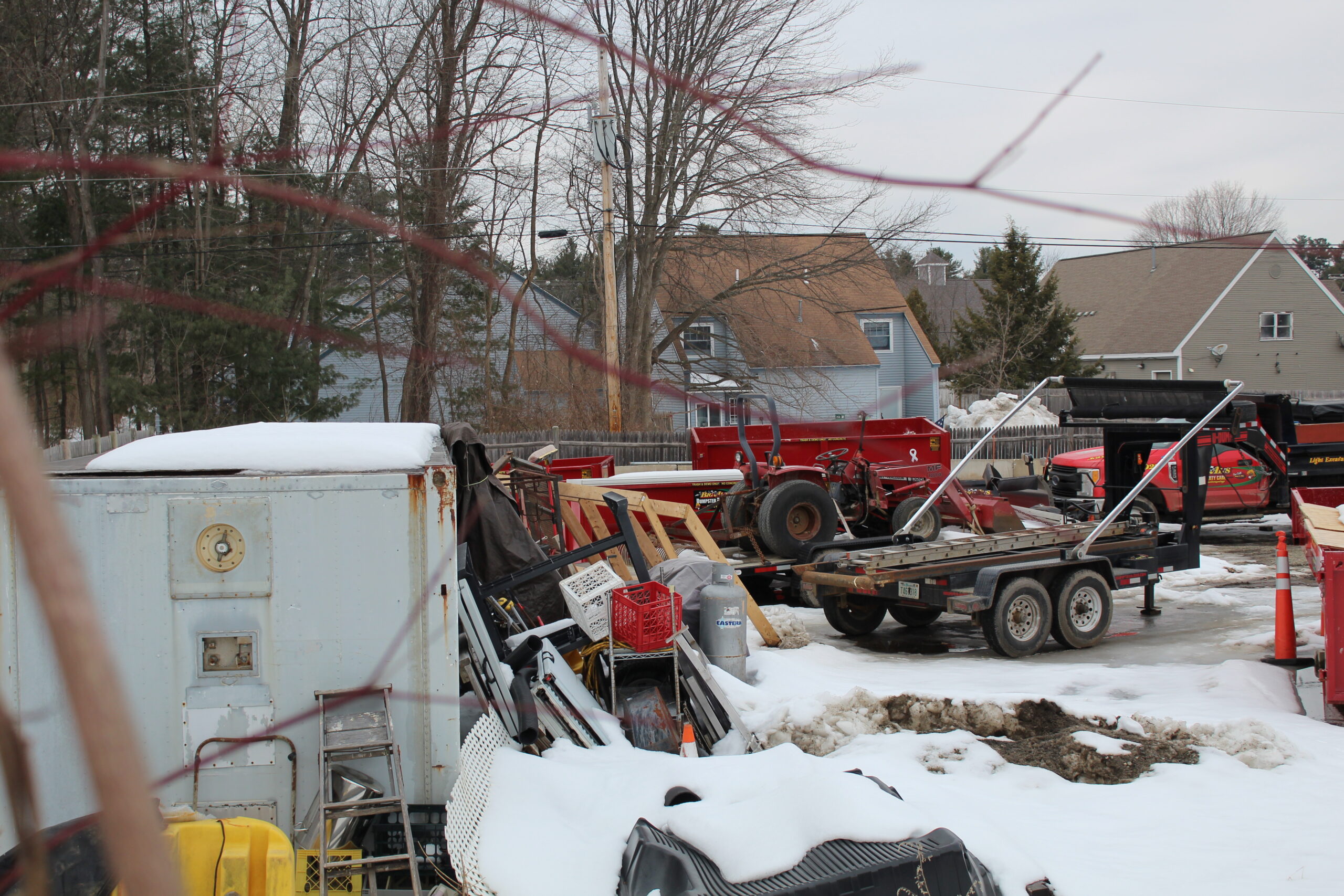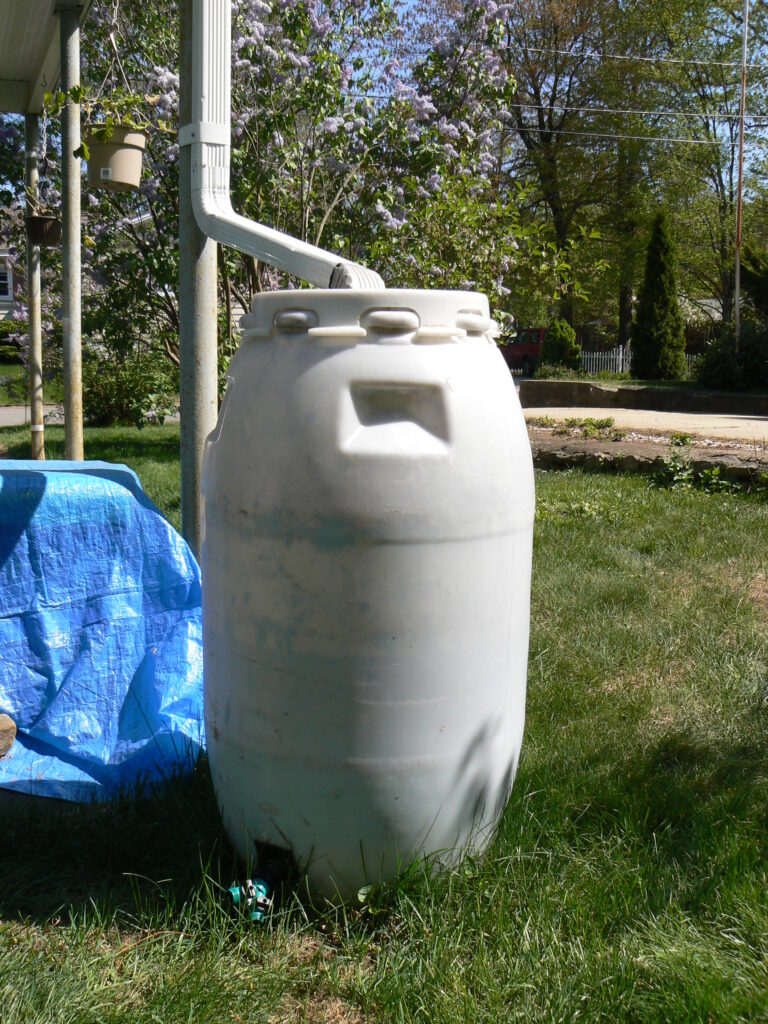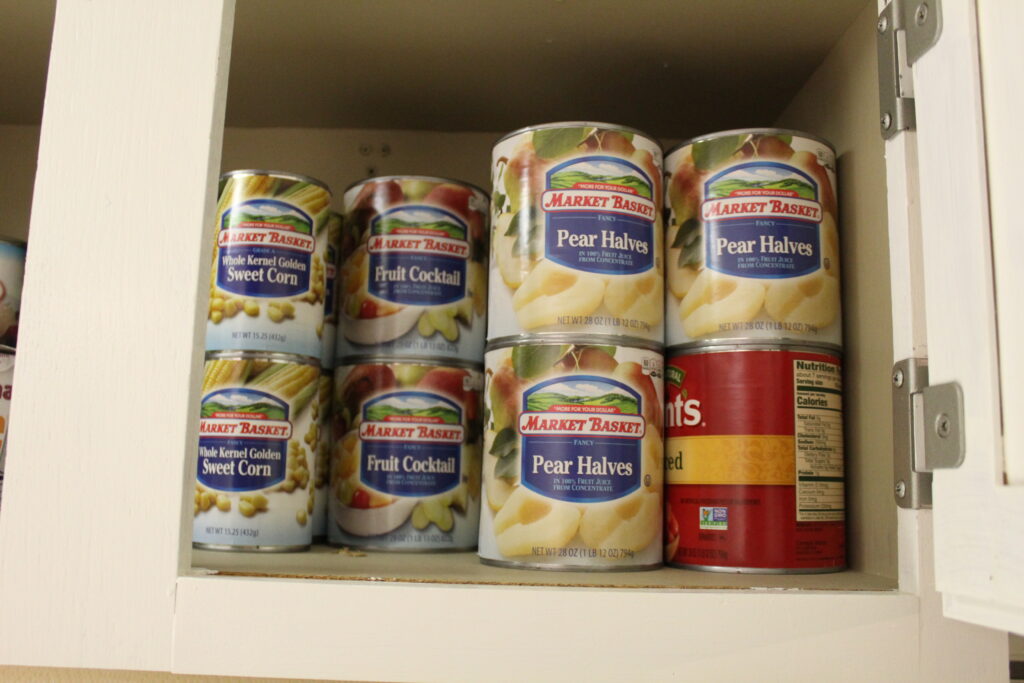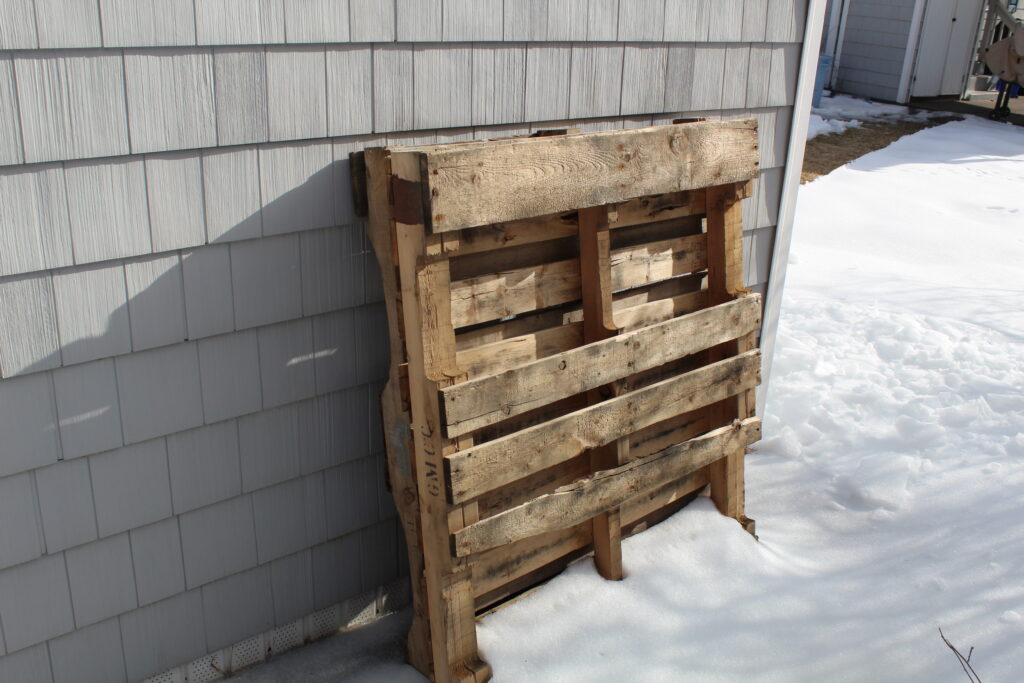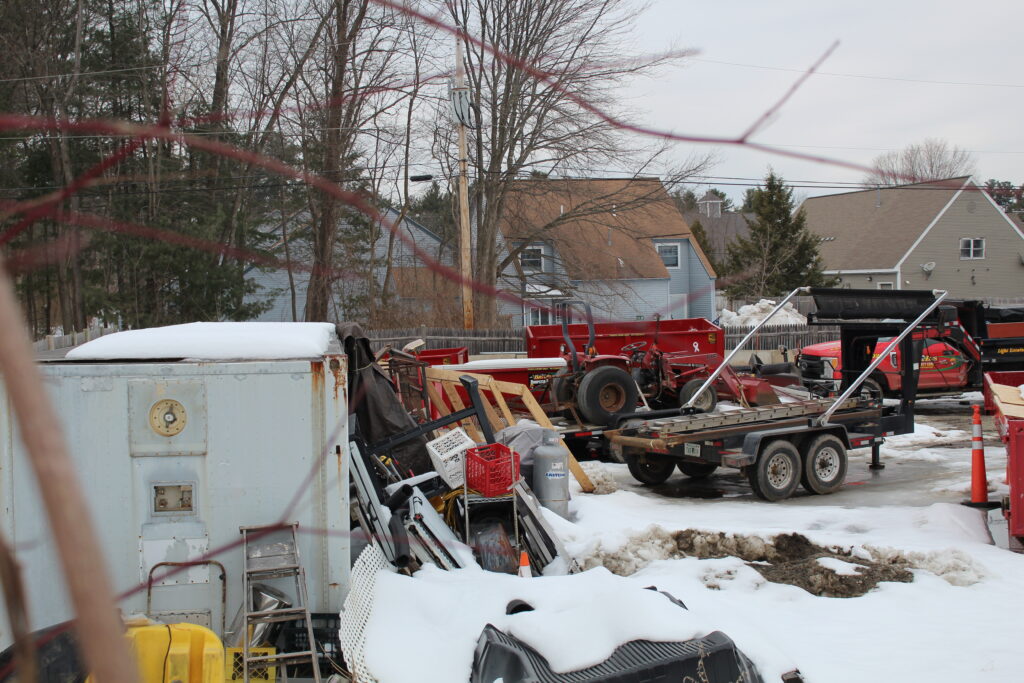By Dana Benner
Natural disasters happen all of the time and they are often unpredictable. Those who live in urban and suburban areas, where they rely upon public utilities and grocery stores for all of their needs, are often the ones who are the greatest impacted and sadly, the least prepared. The goal of this article is to give you some ideas on how to prepare for such events. Being prepared is the key to survival.
Prepare:
There isn’t anywhere in our country that is safe from natural disasters and there is really nowhere to run. What you can do is arm yourself with reliable information and be prepared.
A coffee can of scavenged screws is handy to have on hand. A coffee can of hose clamps. Handy to have around when you need to temporarily fic a broken water pipe.
Being prepared means taking stock of what you have and what you don’t. It means accessing the many scenarios that could happen and then coming up with a plan to mitigate the problems as they arise. You must have a plan, know what resources you have and how and where to get more as needed.
Food and Water:
Most people in urban and suburban areas rely upon municipal sources for their water and grocery stores for their food. We all hope that it will never happen, but you need to be prepared if those water and food sources fail. Loss of power will affect water treatment plants and pumping stations, and yes, grocery stores.
You may still have water, but it might not be safe to drink. You will need to treat the water in some way before using. That means filters, boiling or chemical treatment. If you have advanced warning of an upcoming storm, stock up on bottled water and fill your tub. Use food safe plastic containers to collect rainwater. If there is snow on the ground melt it and use it to flush your toilet. DO NOT DRINK SNOW WATER!! Snow in an urban area will probably contain any number of chemicals and poisons.
This food grade plastic pickle container, which I scavenged with permission, makes a great water catchment vessel to collect rain water. I use it to save water to water my garden, but in an emergency I could be used to collect water for household use with proper treatment.
When it comes to food, turn to canned and dried food. Canned meat, vegetables and fruit should be on your shelves. Dried food should include cereal and pasta. Stay away from stocking up on meat and fish. If the power goes out you will not be able to keep it cold. Stock up a little at a time and don’t wait until the emergency happens. Grocery stores will run out of food quickly. By stocking up slowly you will be eliminating one worry on your plate.
Where to Find More:
When you run out of supplies, and you will eventually, where do you find more? Think outside of the box. Rain water can be collected and used as long as you treat it first. There is always water left in the pipes of your home so drain them. If it is summer and you don’t need the heat, drain your hot water tank. If you have a pool, this is a good source. Even if you don’t have a pool, many municipalities have public pools. Use them if you have to. Just make sure you filter or boil the water first.
Stock up on canned food. It may just see you through a disaster. When you run out there are other sources.
For food, check out local bakeries, stores and restaurants. They may be donating bread, slightly damaged canned good and boxes of cereal. Avoid dumpster diving as the risks are much greater than the rewards. Food bank and church groups can also be a good source.
Building Supplies:
Scavenged pallets make a good source of wood to use for emergency repairs.
We see it after every hurricane, flood or tornado; people rushing to building supply stores to pick up materials to repair any damage that may have happened. This is like trying to find a generator after the power has gone out. Remember that you will not be alone in your search. Some of the panic buying could be avoided if you had a plan.
I have spare plumbing parts, some lumber, a limited supply of roofing materials and hand tools, just in case there is no power. I do not have everything I could possibly need, nor do I have enough to do major repairs. What I do have is enough material to keep a minor problem from becoming a major one.
Where to Find It?
You’ll be surprised just where you will find building supplies. Start looking around your home. An old section of garden hose and some hose clamps can be used to temporarily repair a leaking water pipe. Downed tree limbs can be cut up and provide you the fuel you need to heat your home and cook your food in that fireplace you have never had to use until now. Think outside of the box.
This is a treasure trove of materials. Make sure to get permission
Where legal, the dump is a great place to find lumber and scrap plumbing parts. You’d be surprised at just how much good material is thrown away. Before I throw anything away I cannibalize it for everything that could be of use. Clamps, screws, nuts and bolts go into assorted coffee cans. Usable hoses and wiring is saved. Scrap pieces of lumber, too small to use, are thrown into a bucket to either be used in my daughter’s fireplace or as fuel for my Solo bio-fuel stove. Extra material from construction jobs should never be thrown away as you never know when you may need it.
Organize:
In an urban, or suburban setting you are surrounded by other people and it is these people that could be your greatest asset. Utilize that asset by organizing; establish a team. Whether you live in a neighborhood of single family homes or are a tenant in an apartment building, start talking with your neighbors. Find out what their thoughts are and how you could possibly join forces in the case of an emergency. Teaming up will allow you to share resources (fuel, food, water) and work together to find more. Every person has their own set of skills, so use them. Share the resources you have as it will benefit everyone in the long run.
Places to Avoid:
Despite any need you may have, you need to think logically at all times. What follows are places to avoid when scavenging.
Food:
- Dumpsters:
Resist the urge to go dumpster diving. It is very dangerous. Broken glass, needles and disease will ruin your day.
- Any locked store:
First, if you break in you can be arrested for looting and a few other things. Second, you can end up dead from a store owner with a firearm. This rule goes for any item you are looking for. It is not worth the risk.
Water:
- Standing water:
After a flood there is plenty of standing water. Stay away from it. It will be full of bacteria and chemicals that boiling and even some filters won’t take care of.
Building materials:
- Construction sites:
Considered private property, so unless you have written permission to be there and to take any material, stay away from them. A piece of plywood or a 2 X 4 is not worth it.
- “Abandoned” buildings:
What you think is an abandoned building might not be. Respect other people’s property.
Conclusion:
Natural disasters happen to everyone and everywhere. You can’t run from them, but you can learn to deal with them. The trick is to have a plan and be prepared. Be creative and learn to use all of the resources that you have around you; to include working with each other.

